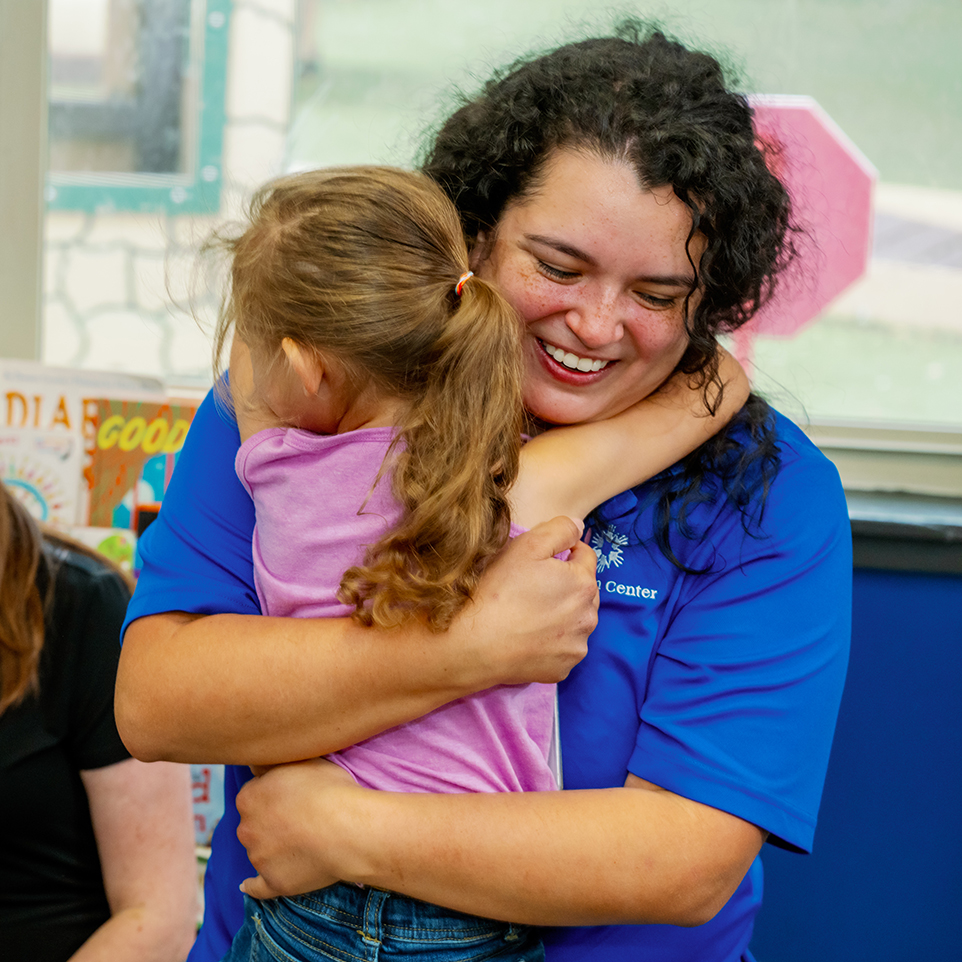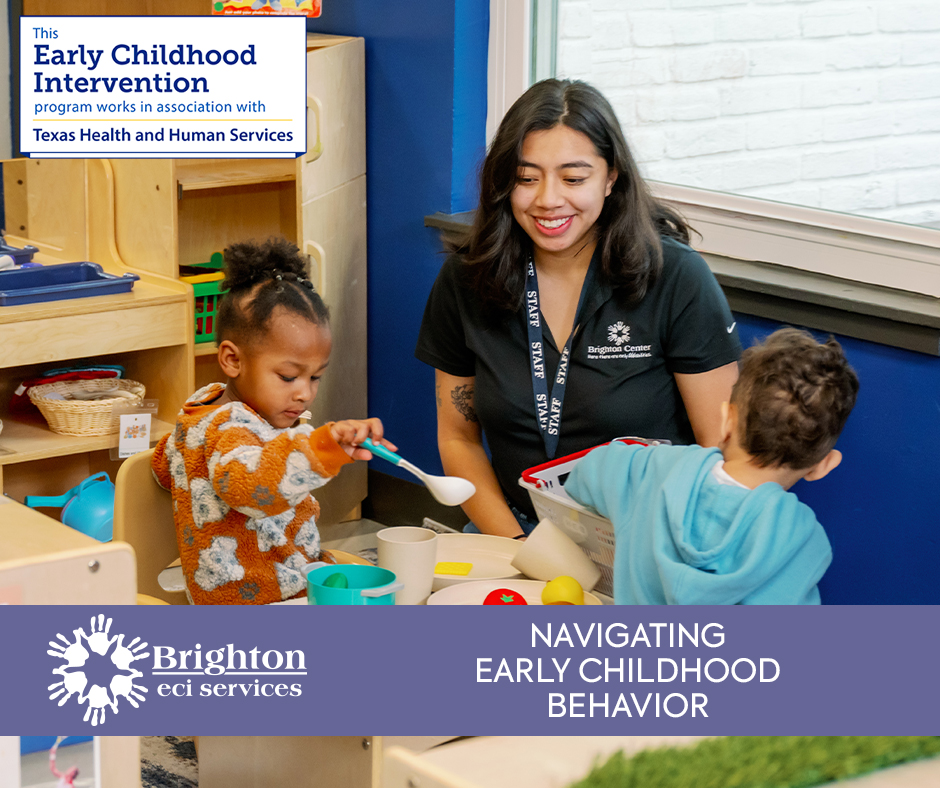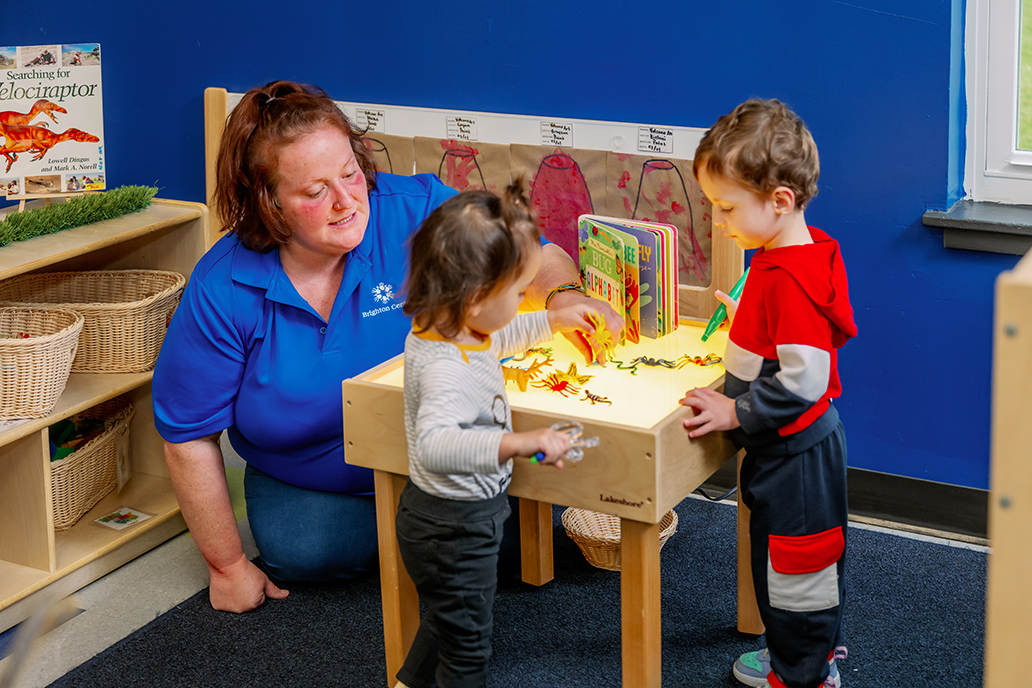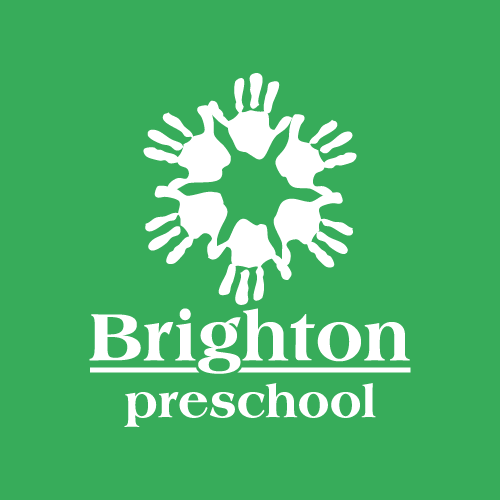Managing early childhood behavior challenges requires patience, understanding, and strategy. This post focuses on evidence-based approaches for caregivers working with children three and under, including those with special needs.
Understand the Root Causes
Before addressing behavioral issues, it’s essential to recognize that young children are developing their emotional regulation skills and communication abilities. What looks like “misbehavior” is often their attempt to communicate needs, feelings, or frustrations. For children with special needs, these challenges can be even more pronounced due to sensory processing differences, communication barriers, or developmental delays.
Common triggers for behavioral issues in young children include:
- Hunger
- Fatigue
- Physical discomfort (wet diaper, annoying tag on clothing)
- Overwhelming sensory experiences (loud noises, bright lights, heat)
- Difficulty transitioning between activities
- Frustration from inability to communicate effectively
- Changes in routine or environment
- Medical issues
- Physical pain
Creating a Supportive Environment
The foundation of managing behavioral challenges starts with the environment. A well-structured, predictable space helps children feel secure and reduces anxiety-driven behaviors. Caregivers can create zones in the house and in the daycare environment that establish clear boundaries between activity areas, eating areas, and resting areas. Keep frequently used items within reach to promote independence and minimize outbursts.
Having a regular schedule for meals, naps, and activities is also important. Visual schedules with pictures can help children understand daily flow. Provide advance warning before transitions and incorporate the use of a timer or a song that helps the children understand what is happening. Allow extra time for children who need longer to process changes.
Effective Communication Strategies
Young children, especially those with special needs, benefit from multi-modal communication approaches:
- Use simple, clear language with one instruction at a time
- Combine verbal instructions with visual cues or gestures
- Get down to the child’s eye level when speaking
- Allow extra processing time before expecting a response
- Validate emotions while setting boundaries: “I see you’re angry. It’s okay to feel angry, but we can’t hit.”
- Use basic sign language or picture communication systems for non-verbal children
Responding to Challenging Behaviors
When behavioral issues arise, maintaining calm and consistency is crucial. Here are specific strategies for common challenges:
Tantrums: Stay physically close but give the child emotional space. Ensure the environment is safe. Avoid negotiating or reasoning during the height of emotion. Once the child begins to calm, offer comfort and help label the emotions they are feeling. For children with sensory sensitivities, provide appropriate sensory tools, like a weighted blanket or noise-canceling headphones.
Aggression: Immediately ensure the safety of all children. Use clear, firm statements: “Stop. Hitting hurts.” Redirect to appropriate physical activities. Teach alternative ways to express frustration. Consider if the behavior is communicating an unmet need.
Non-compliance: Break tasks into smaller, manageable steps. Offer limited choices to provide a sense of control. Use positive reinforcement for cooperation. Consider whether the request is developmentally appropriate. For children with processing delays, give them extra time and provide visual supports.
Special Considerations for Children with Special Needs
Children with developmental delays, autism spectrum disorder, or other special needs may require additional support and understanding:
Sensory Processing
- Identify specific sensory triggers
- Provide appropriate sensory tools and activities
- Respect the need for sensory breaks
Communication Challenges
- Work with speech therapists to develop consistent communication systems
- Use visual supports consistently across environments
- Honor all forms of communication attempts
- Build in regular opportunities for choice-making
Self-regulation Difficulties
- Teach self-regulation strategies through modeling and practice
- Use visual timers to help with transitions
- Create individualized calming routines
- Provide extra support during challenging times of day
Building Positive Behaviors
 Prevention is often more effective than reaction. Focus on providing positive reinforcement. Praise desired behavior immediately and use specific praise: “You did a great job waiting your turn to play with the puzzle!” Consider a visual reward system for older toddlers and always celebrate small steps toward goals.
Prevention is often more effective than reaction. Focus on providing positive reinforcement. Praise desired behavior immediately and use specific praise: “You did a great job waiting your turn to play with the puzzle!” Consider a visual reward system for older toddlers and always celebrate small steps toward goals.
It’s also important to teach alternative behaviors and responses. Use role-play before leaving the house, so children understand what is expected. Use social stories to teach expected behaviors and practice coping strategies during calm times.
Professional Support and Resources
Don’t hesitate to seek additional help when needed. Brighton’s Early Intervention Specialists can provide caregivers with suggestions on how to respond to certain behaviors and how to coach a child through difficult emotions or sensory difficulties.
Consider requesting an evaluation if the child’s behavior:
- Is extremely intense or frequent
- Shows regression in skills
- Significantly impacts daily functioning
Not all strategies will work for every child and as the child develops, new strategies will need to be identified. Success often comes from consistent implementation, careful observation, and willingness to adjust approaches based on individual needs. Focus on building strong relationships, maintaining clear boundaries, and celebrating progress, no matter how small. With patience and appropriate support, most behavioral challenges can be effectively managed while promoting healthy emotional development.
 Remember, you’re not alone on this journey. Brighton’s Early Childhood Intervention program can provide the support, education, and guidance needed in these early years. Our Special Education Support Specialists can then help families prepare for the elementary classroom. Contact us today and let us know how we can partner with you.
Remember, you’re not alone on this journey. Brighton’s Early Childhood Intervention program can provide the support, education, and guidance needed in these early years. Our Special Education Support Specialists can then help families prepare for the elementary classroom. Contact us today and let us know how we can partner with you.













